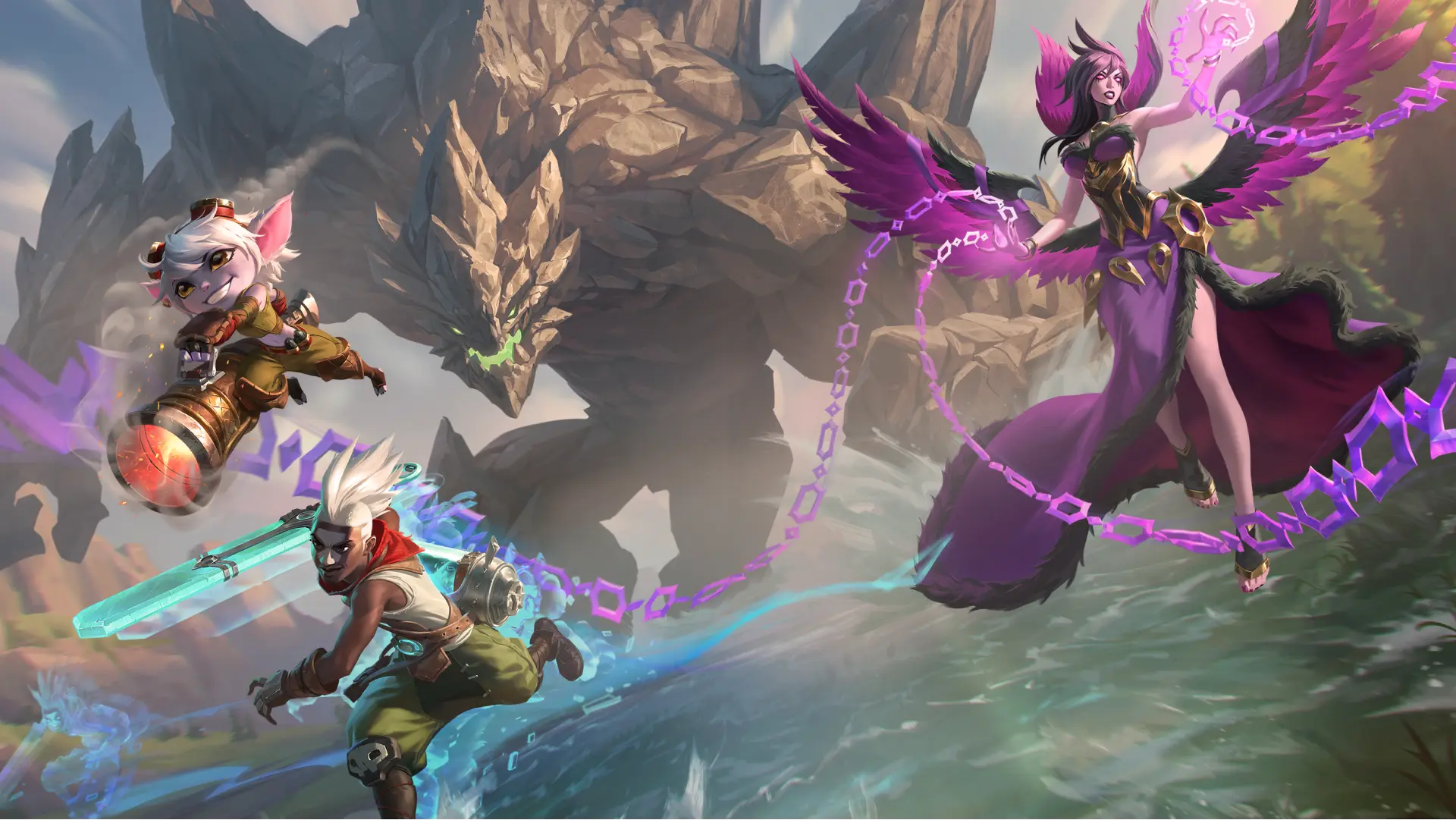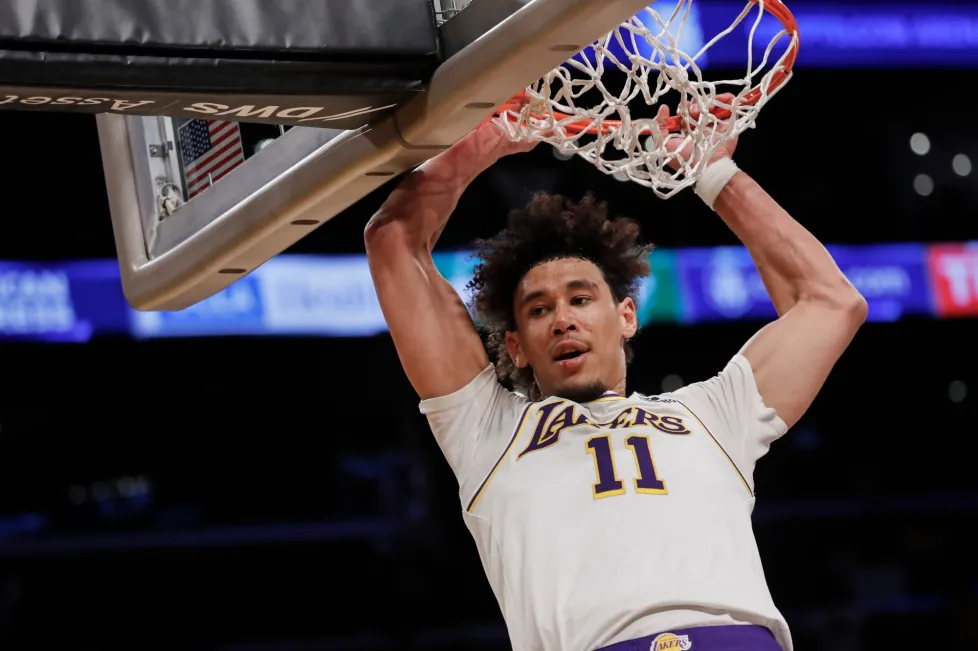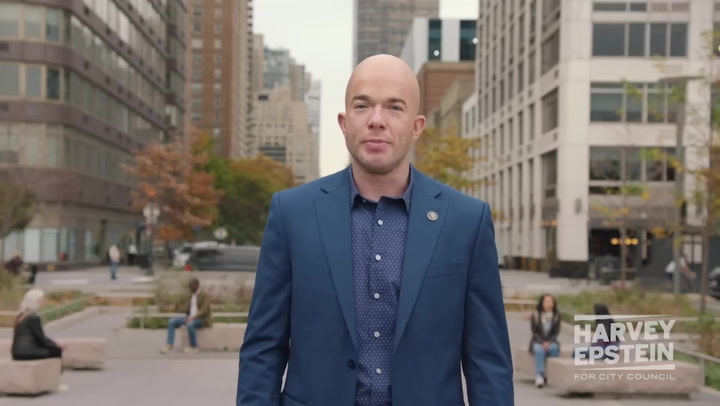In the realm of video games, especially in multiplayer formats, understanding respawn times and their effect on team dynamics is crucial for both casual players and competitive gamers. This article delves into how respawn mechanics influence gameplay, strategy formulation, and overall team performance.
What are Respawn Times?
Respawn times refer to the duration a player must wait after being eliminated before they can re-enter the game. These times vary across different games and their specific modes. For instance:
- First-Person Shooters (FPS): Games like Call of Duty often feature short respawn times to encourage fast-paced action.
- Battle Royale: Titles such as Fortnite may implement longer respawn periods to intensify gameplay and strategy.
- MMORPGs: Games like World of Warcraft have varying respawn mechanics, depending on the encounter.
The Role of Team Dynamics
Team dynamics encompass how players interact, communicate, and work together to achieve common objectives within a game. Effective team dynamics are crucial because they:
- Enhance communication and strategic planning.
- Promote adaptability in response to opponents’ tactics.
- Augment psychological resilience among team members.
Impact of Respawn Times on Team Strategies
Respawn times can significantly influence a team's strategy. Shorter respawn times may lead to:
- Aggressive playstyles: Teams may adopt more aggressive tactics, knowing that players will return quickly.
- High-risk maneuvers: Players might take greater risks when they know they can respawn swiftly.
Conversely, longer respawn times may lead to:
- Defensive tactics: Teams would likely opt for a more cautious approach, focusing on survival.
- Delayed strategies: There may be an emphasis on waiting for team members before engaging.
Team Communication and Coordination
Effective team communication is paramount in games with respawn mechanics. Strategies often include:
- **Callouts**: Provide information regarding enemy locations and strategies.
- **Role assignments**: Each player should understand their role within the team dynamics, such as support, damage dealer, or scout.
- **Timing**: Discussions about respawn timings can help in coordinating attacks or retreats.
Examples of Successful Team Dynamics in Video Games
Numerous games showcase successful utilizations of respawn mechanics affecting team dynamics. Some notable examples include:
- Overwatch: Respawn dynamics play a pivotal role in the game's team composition and tactics.
- Apex Legends: The ability to respawn teammates highlights the importance of teamwork.
Conclusion
Ultimately, understanding how respawn times affect team dynamics in video games can lead to improved performance and more enjoyable gameplay experiences. Players looking to sharpen their skills should focus on adapting their strategies according to the game's respawn mechanics and fostering effective communication within their teams.
For additional information on game mechanics and strategies, consider visiting sources such as Gamasutra or reviewing player guides on platforms like Reddit's gaming communities.




.webp)

